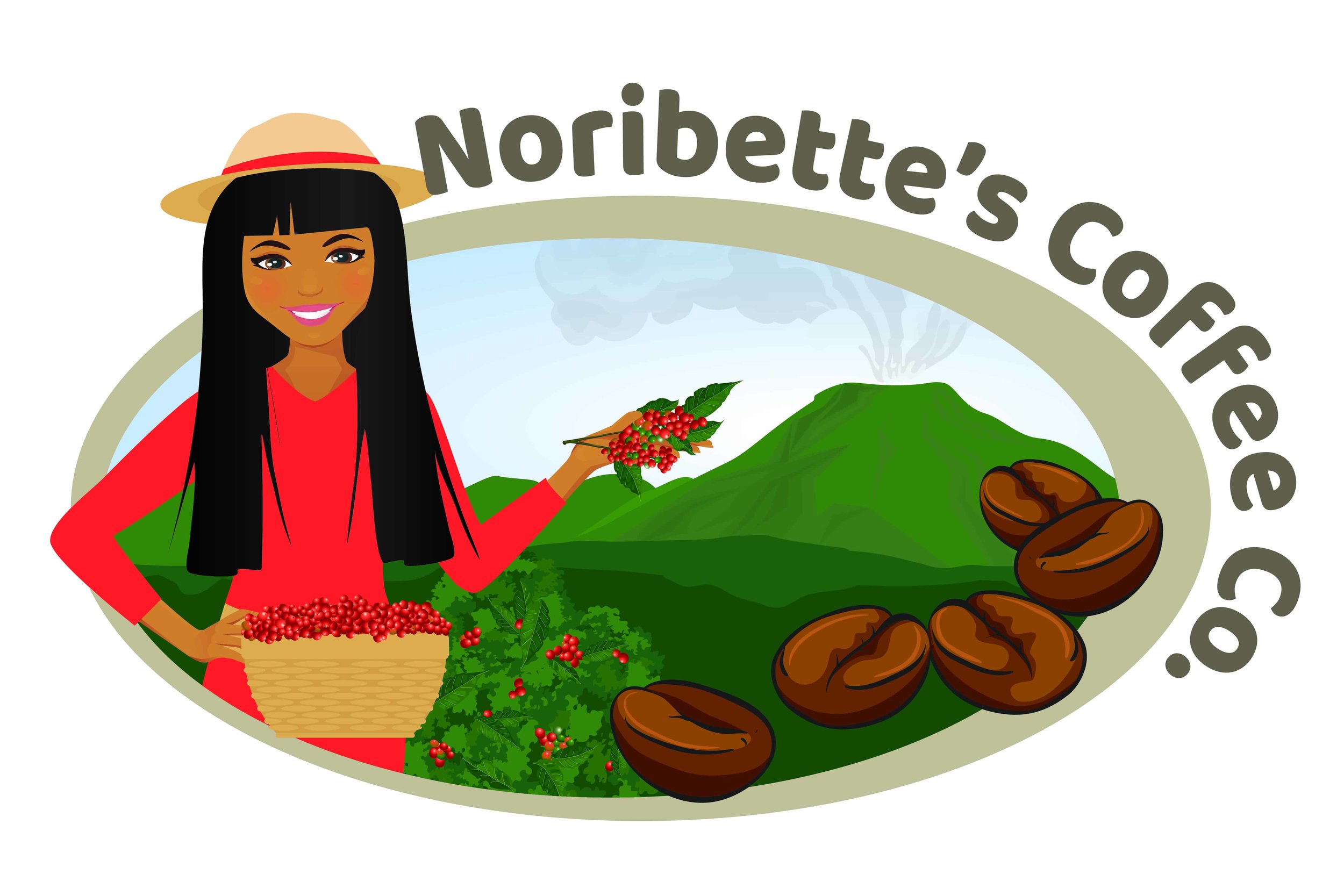Why Grind Your Coffee? It's the Best Way
Coffee connoisseurs know: Grinding your own beans is by far the best way to create an amazing cup of coffee, but is this true? And, if so, why?
A quick explanation of the coffee bean
Coffee beans are not beans; they're seeds. Surprisingly, the "cherries" of the coffee bush are sweet little fruits about the size of a cherry. Once removed, a peanut-colored coffee bean is revealed. These seeds are then roasted at very high temperatures which gives the beans a dark, rich color and sets into motion the chemical processes that make them what we know them to be: Coffee Beans.
But as with anything that's cooked, it can - and will - become more and more stale the longer it is exposed to the elements (many professional Baristas don't like to serve coffee made with beans more than four weeks old).1
What does grinding your coffee have to do with freshness?
Think about this: a boiled egg has been cooked. Once the shell is removed, the quality of the egg will begin to deteriorate slowly from the outside, eventually reaching the yolk, making the whole egg inedible. If you were to cut up the boiled egg, this process would be expedited exponentially because a larger surface of the egg is exposed.
In this way, coffee beans are the same.
Coffee beans are packed with complex compounds and oils that make it unique but these compounds can fade and/or interact with the environment in different ways, eroding these essential compounds that keep the beans fresh. Simply put: beans are already porous and delicate but ground coffee beans are even more vulnerable to the elements.
There are three main culprits of stale coffee: Oxidation, CO2 Depletion, and exposure to moisture.
Oxidation is what happens when the coffee is exposed to air molecules which rapidly changes the composition of coffee.
CO2 is an essential part of transferring the oils from coffee beans to the ultimate cup of coffee. CO2 depletion happens with any coffee beans but when they're ground, this creates more surface area for the CO2 to escape.
Moisture can also invade the purity of coffee and interfere with the way that water and the oils in coffee interact to make the perfect cup of Joe.
We believe starting with a fresh bag of whole, organic coffee beans is just the beginning of a perfect cup of java. Take a look at our locally-grown, pure Costa Rican whole-bean coffee and give yourself the treat of a smooth, fresh, tasty cup of great coffee.
Be sure to share this with your friends! Simply use the Social Media links below.
Sources:
1. Smithsonian Magazine, The Chemistry and Physics Behind the Perfect Cup of Coffee, Referenced July 3, 2019

